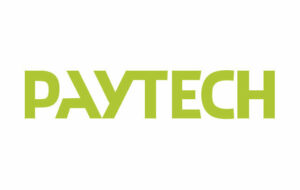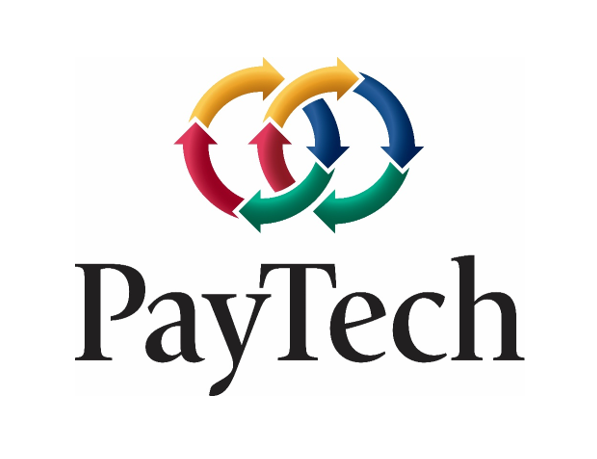In a world that’s constantly evolving, the financial industry is no exception. Technological advancements are driving major shifts in the way we manage money, and PayTech is at the forefront of this transformation. In this article, we’ll explore PayTech, its impact, and the potential it holds for shaping the future of financial transactions.
What is PayTech?
PayTech, or Payment Technology, encompasses a wide range of innovations and solutions designed to streamline, secure, and enhance the way we make payments. It includes digital wallets, mobile payment apps, contactless cards, online banking, and more. PayTech aims to make payments more convenient, efficient, and secure for both consumers and businesses.
The Evolution of Payments
To truly appreciate the significance of PayTech, let’s take a brief journey through the evolution of payment methods.
Cash and Checks
In the not-so-distant past, cash and checks were the primary means of transactions. While they served their purpose, they had limitations in terms of convenience and security.
Credit and Debit Cards
The introduction of plastic cards revolutionized payments, offering a convenient and widely accepted alternative to cash. However, the reliance on physical cards had its drawbacks.
Online Banking
The advent of the internet brought online banking, making it easier to manage finances and conduct electronic transactions. However, the potential for innovation was only just beginning to be explored.
Mobile Payments
The rise of smartphones opened up new possibilities. Mobile payment apps, such as Apple Pay and Google Pay, allowed users to make payments using their phones, ushering in a new era of contactless transactions.
Cryptocurrencies
The introduction of cryptocurrencies, like Bitcoin, represents another groundbreaking step in the evolution of payments, offering decentralization and blockchain technology as a means of exchange.
PayTech
The latest stage in this evolution, PayTech, integrates the power of digital technology, data analytics, and artificial intelligence to create a more seamless and secure payment experience.
The Impact of PayTech
PayTech is transforming the way we conduct financial transactions in several significant ways:
Convenience
PayTech has made payments more convenient than ever. Whether you’re paying for groceries, transferring money to a friend, or shopping online, a few taps on your smartphone can get the job done. Moreover, this convenience is driving the adoption of digital payments.
Security
With the integration of biometrics, encryption, and tokenization, PayTech is enhancing payment security. Thus, users can rest assured that their financial information is protected, reducing the risk of fraud and identity theft.
Global Access
In addition, PayTech solutions often have a global reach. Hence, this means that you can make international payments and purchases without the need for currency conversion or high fees, making it easier for businesses to operate on a global scale.
Data-Driven Insights
PayTech platforms collect valuable data on spending habits and preferences. Therefore, this information is invaluable for businesses to tailor their offerings and marketing strategies to individual consumers.
Financial Inclusion
PayTech has the potential to bring financial services to those previously excluded from the traditional banking system. Mobile wallets and digital payment platforms can be accessed by anyone with a smartphone, bridging the financial gap for the unbanked and underbanked populations.

PayTech
The Potential of PayTech
The future of PayTech is filled with promise. Here are some key areas where it has the potential to drive significant changes:
Biometric Authentication
We can expect to see even more advanced biometric authentication methods, such as facial recognition and voice recognition, making payments more secure and seamless.
Blockchain Integration
Furthermore, the integration of blockchain technology may become more common in payment systems, offering enhanced security and transparency for transactions.
IoT and Smart Payments
The Internet of Things (IoT) will enable smart devices to initiate payments. Moreover, imagine your refrigerator ordering groceries when it senses you’re running low, or your car making a payment for parking automatically.
AI-Powered Personalization
AI will be used to provide highly personalized financial recommendations and services, helping users manage their money more effectively.
Cross-Border Payments
Cross-border payments will become faster, cheaper, and more accessible, reducing the reliance on traditional banking channels and foreign exchange services.
Digital Currencies
Central bank digital currencies (CBDCs) and stablecoins are likely to play a prominent role in future payment systems, potentially redefining the role of traditional currencies.
Conclusion
PayTech is revolutionizing the financial industry, offering convenience, security, and global access to users while also providing businesses with valuable insights and the potential for growth. As technology continues to advance, we can expect PayTech to play an even larger role in shaping the future of payments. Embracing these innovations and staying informed about the latest developments will be crucial for individuals and businesses to thrive in the ever-evolving financial landscape. PayTech is more than a trend; it’s a fundamental shift in the way we handle our finances, and its potential is limitless.




